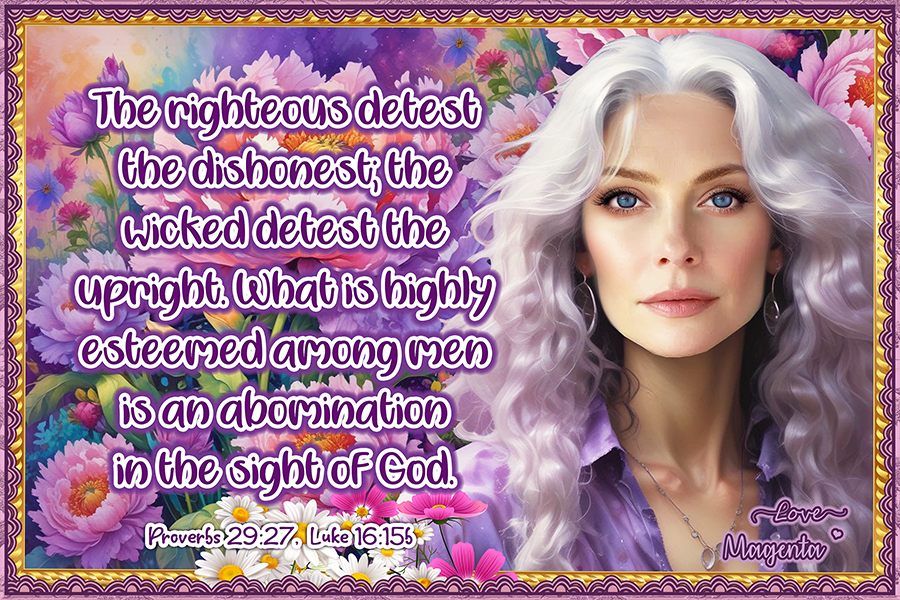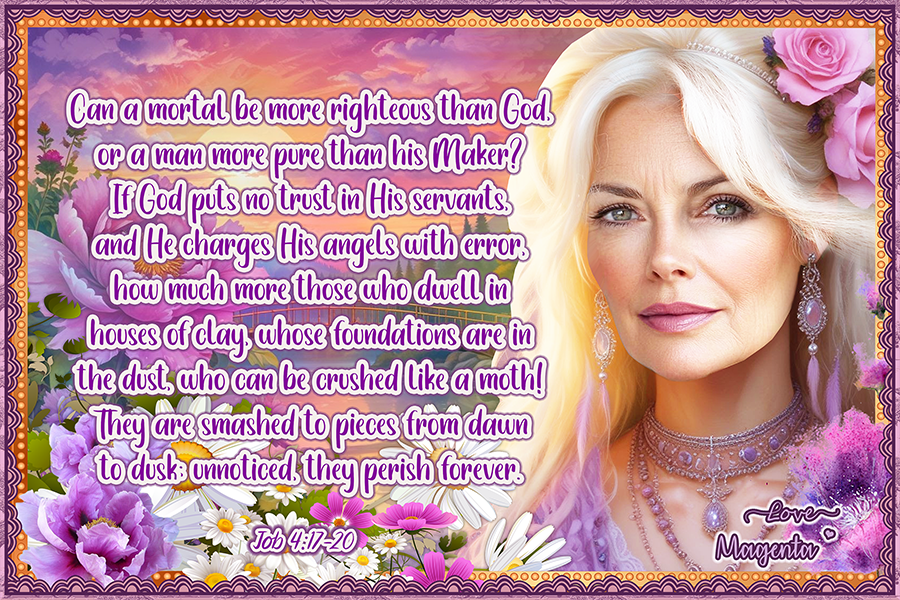and both Elihu and God rebuke him for it.
Christ is God, and not forsaken by God. He sang the Psalm 'the hind of the morning' in which Israel is the hind, who thinks it is forsaken, but is not.
that's a very interesting correlation with Job, but a key difference is that Jesus was never for an instant ignorant, but Job was throughout. in fact God didn't even tell Job about the events in the company of the angels that preceded all these things - He simply said, more or less, who do you think you are to question Me?
Christ is God, and not forsaken by God. He sang the Psalm 'the hind of the morning' in which Israel is the hind, who thinks it is forsaken, but is not.
that's a very interesting correlation with Job, but a key difference is that Jesus was never for an instant ignorant, but Job was throughout. in fact God didn't even tell Job about the events in the company of the angels that preceded all these things - He simply said, more or less, who do you think you are to question Me?
Luke 24:44 KJV
Written in the psalms
“My God, my God, why hast thou forsaken me? ….Why art thou so far from helping me, and from the words of my roaring?
All they that see me laugh me to scorn: They shoot out the lip, they shake the head, saying, He trusted on the LORD that he would deliver him: Let him deliver him, seeing he delighted in him.
…For dogs have compassed me: The assembly of the wicked have inclosed me: They pierced my hands and my feet. I may tell all my bones:
They look and stare upon me. They part my garments among them, And cast lots upon my vesture.”
Psalm 22:1, 7-8, 15-18 KJV
fulfilled in the gospel
“And about the ninth hour Jesus cried with a loud voice, saying, Eli, Eli, lama sabachthani? that is to say, My God, my God, why hast thou forsaken me?”
Matthew 27:46
“Likewise also the chief priests mocking him, with the scribes and elders, said, He saved others; himself he cannot save. If he be the King of Israel, let him now come down from the cross, and we will believe him. He trusted in God; let him deliver him now, if he will have him: for he said, I am the Son of God.”
Matthew 27:41-43
“And they crucified him, and parted his garments, casting lots: that it might be fulfilled which was spoken by the prophet, They parted my garments among them, and upon my vesture did they cast lots.”
Matthew 27:35
-
1
-
1
- Show all



